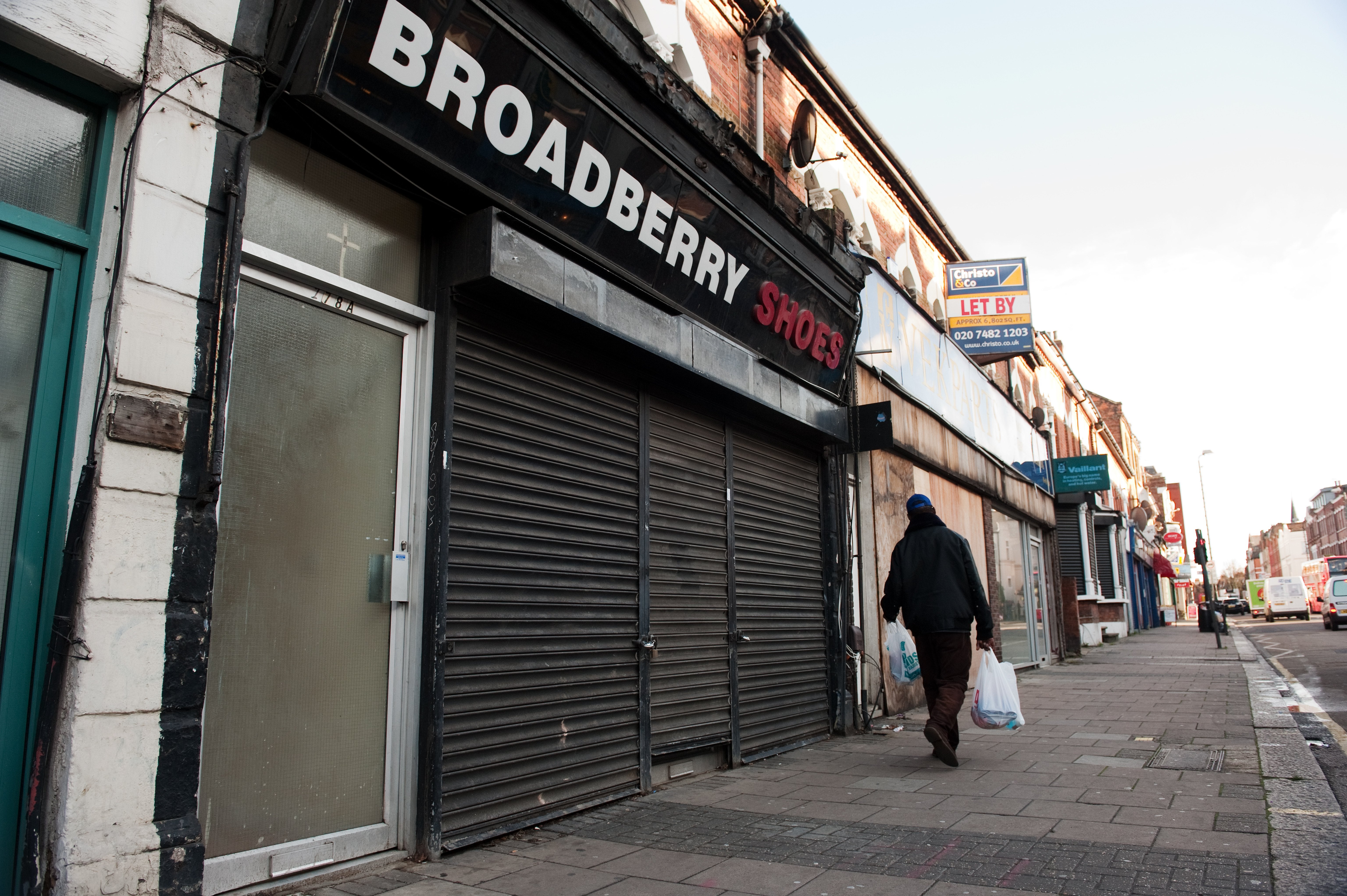Consumer spending recovery stalled across the UK in August and September, research finds
Lower-income households have seen finances deteriorate while wealthier ones increase savings, analysis of bank account data finds

Your support helps us to tell the story
From reproductive rights to climate change to Big Tech, The Independent is on the ground when the story is developing. Whether it's investigating the financials of Elon Musk's pro-Trump PAC or producing our latest documentary, 'The A Word', which shines a light on the American women fighting for reproductive rights, we know how important it is to parse out the facts from the messaging.
At such a critical moment in US history, we need reporters on the ground. Your donation allows us to keep sending journalists to speak to both sides of the story.
The Independent is trusted by Americans across the entire political spectrum. And unlike many other quality news outlets, we choose not to lock Americans out of our reporting and analysis with paywalls. We believe quality journalism should be available to everyone, paid for by those who can afford it.
Your support makes all the difference.Consumer spending failed to recover in August and September and has remained well below last year’s level even in areas with low numbers of Covid-19 cases, with “potentially devastating” consequences for businesses, research has found.
Analysis of bank account data by the Institute for Fiscal Studies suggests that spending was 10 per cent down across the country. The prevalence of coronavirus in each region had no apparent impact on people’s willingness to spend money, the IFS said.
While there was little regional variation, there were stark differences between the experiences of the wealthiest and poorest households.
Those in the top fifth of incomes have seen their bank balances rise since the first lockdown began in March as restrictions have limited spending on goods such as restaurant meals and holidays.
Well-off households cut spending on goods and services that were substantially affected or shut completely by 41 per cent, resulting in “forced saving”, according to the report’s authors.
By contrast, those in the bottom fifth saw their financial position deteriorate with outgoings exceeding income by £170 per month on average between March and September – equivalent to 14 per cent of this group’s income.
“On average, richer households have accumulated savings faster than normal whereas poorer households have run them down or accumulated debts,” said Tom Waters, a senior research economist at IFS and an author of the report.
Concerningly for the government, spending has shifted and people do not appear to be returning to their previous habits.
Spending on groceries and takeaways has plateaued at about 10 per cent and 60 per cent higher respectively than in 2019 . Meanwhile people are spending around 20 per cent less in restaurants, 60 per cent less on holidays, and 30 per cent less on transport. Such changes are likely to have big implications for jobs in those sectors.
“The recovery in consumer spending initially seen following the easing of lockdown appears to have stalled, and spending in certain sectors remains well below levels seen in previous years with little change since the end of July,” said Alex Davenport, a research economist at IFS.
“This will have potentially devastating consequences for businesses in those sectors, and is true nationwide, even in areas where Covid-19 prevalence is still relatively low.”

Join our commenting forum
Join thought-provoking conversations, follow other Independent readers and see their replies
Comments